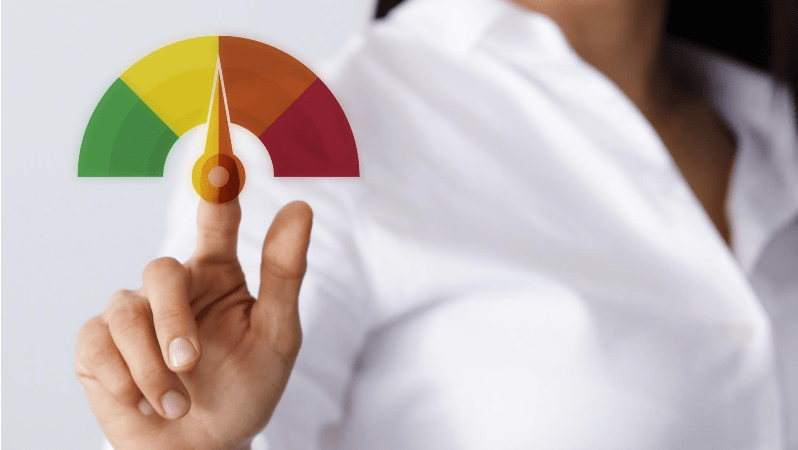Working credits apply to unemployed Australians who have access to Centrelink. During unemployment, the government provides you with these credits, and you earn them until you can work.
You can use these credits as an addition to your income until it runs out. It is a form of additional monetary support designed to promote the gaining of employment to Australian citizens.
How does it work?
You will earn these working credits during unemployment or earning low and while you’re receiving one of the different kinds of income/monetary support via Centrelink. Once you become employed full-time, part-time, or casual, these credits will be put up against your earnings.
The remaining balance will match the income support that you have. You will still receive your income support/cash assistance until the work credits go to zero balance.
This will help supplement your income as additional support until you have zero credits. Working credits enable working-age employees that extra financial push and jumpstarts your initial funds once you become employed.
Eligibility and requirements to receive working credits
One must be an Australian citizen or permanent resident, and currently unemployed, in-between jobs, or only receiving low finances. You qualify if you only receive less than $48 each fortnight, including any other source of funds, except any other government payments.
Those receiving any of the following cash assistance from the government will qualify:
- Youth Allowance: This is a form of cash assistance for Australians aged 24 years old and below.
It applies to students 16 to 21 years old and looking for work, 18 to 24 years old and still studying, 16 to 24 years old and doing an apprenticeship, 16 to 17 years old and living away from home for University, and for 16 to 17-year-olds full-time students who have already accomplished year 12 level. - JobSeeker Payment: Unemployment cash assistance for Australians between 22 to 66 years old or pension age.
It also applies to currently sick and injured citizens who cannot work in the meantime. Jobseeker payments follow screening requirements such as income and assets tests, and also those caring for someone with Covid19. - Parenting Payment: Applies to parents and carers of a young child. The carer can be a single parent with a child 8 years and below or parents with a child below 6 years old.
This main income support has requirements as well, such as income and asset tests, principal carer rules, residence rules, and the assistance hasn’t been claimed yet before the birth of the child. - Disability Support Pension: Cash assistance for citizens who cannot work or gain employment due to permanent physical, mental, or psychiatric conditions.
There are medical and non-medical rules that are applied. You will need to file a claim and be assessed to qualify. This won’t affect your access to a National Disability Insurance Scheme if you also receive it. - Carer Payment: For carers who are looking after a person with a disability, illness, or an adult with physical weakness and needs support.
Qualifiers include being on a pension income and assets test limits, with the person and the person being cared for both being Australian citizens or residents, and with a minimum need for care for 6 months or more. - Widow Allowance: This is currently closed for claims since the 1st of July, 2018. It only applies to current Widow allowance claimants.
As long as you meet eligibility rules you can stay on this payment support. This includes anyone born before 1st of July, 1955, is single, widowed, divorced or separated by 40 years old, has passed income and assets tests, passed the residence rules, and less than 20 hours of work each week for at least 13 weeks, 12 months before the WA is claimed. - Partner Allowance: This has been closed from new applicants since the 20th of September 2003, and only operates for existing claimants.
This is an old financial support system for unemployed partners of Australians and residents receiving income support. One must still meet the government’s income and assets test to continue receiving the support.
The main requirement is your income statement. The Australian government receives your income information and processes your working credit based on it. There are no other requirements needed.
In addition to this is something similar called Income Bank. It is exclusively for full-time students and Australian Apprentices who are receiving an income of less than $37 a fortnight and under the following student financial assistance schemes:
- Youth Allowance
- Austudy
- ABSTUDY payment
Receiving a Centrelink advance payment
You can advance up to $1000 from Centrelink if you are receiving any of the Working Credit-affiliated financial assistance schemes discussed above for 3 months, in addition to Farm Household Allowance and Youth Allowance for Jobseekers.
You can also apply anytime for this advance if you have any of the Income Bank-affiliated financial assistance for students and apprentices above, in addition to Family Tax Benefit Part A, and Mobility Allowance.
This advance is an early payment you can use for your financial needs. The amount can be repaid with your next payments. A recent update from the government has also added the convenience of applying through the Express Plus Centrelink app through your phone.
Up to $1000 only in advances
Those receiving Family Tax Benefit Part A can receive no more than the $1,151.51 maximum limit as a one-off advance. The maximum amount is 7.5% of your annual rate.
You can also apply for a regular advance which is 3.75% of the government’s standard rate per each 1 child below 13 years old, released every 26 weeks, as long as you meet eligibility, or until you cancel it.
For those receiving Age Pension, Carer Payment, and Disability Support Pension assistance, you are eligible to receive advances for every 6 months or 13 fortnights. You can choose from one highest amount, 2 smaller advance amounts, or 3 smallest advance amounts. These can be repaid in full or in 2 installments. The advances will be calculated, and are subject to change as well.



